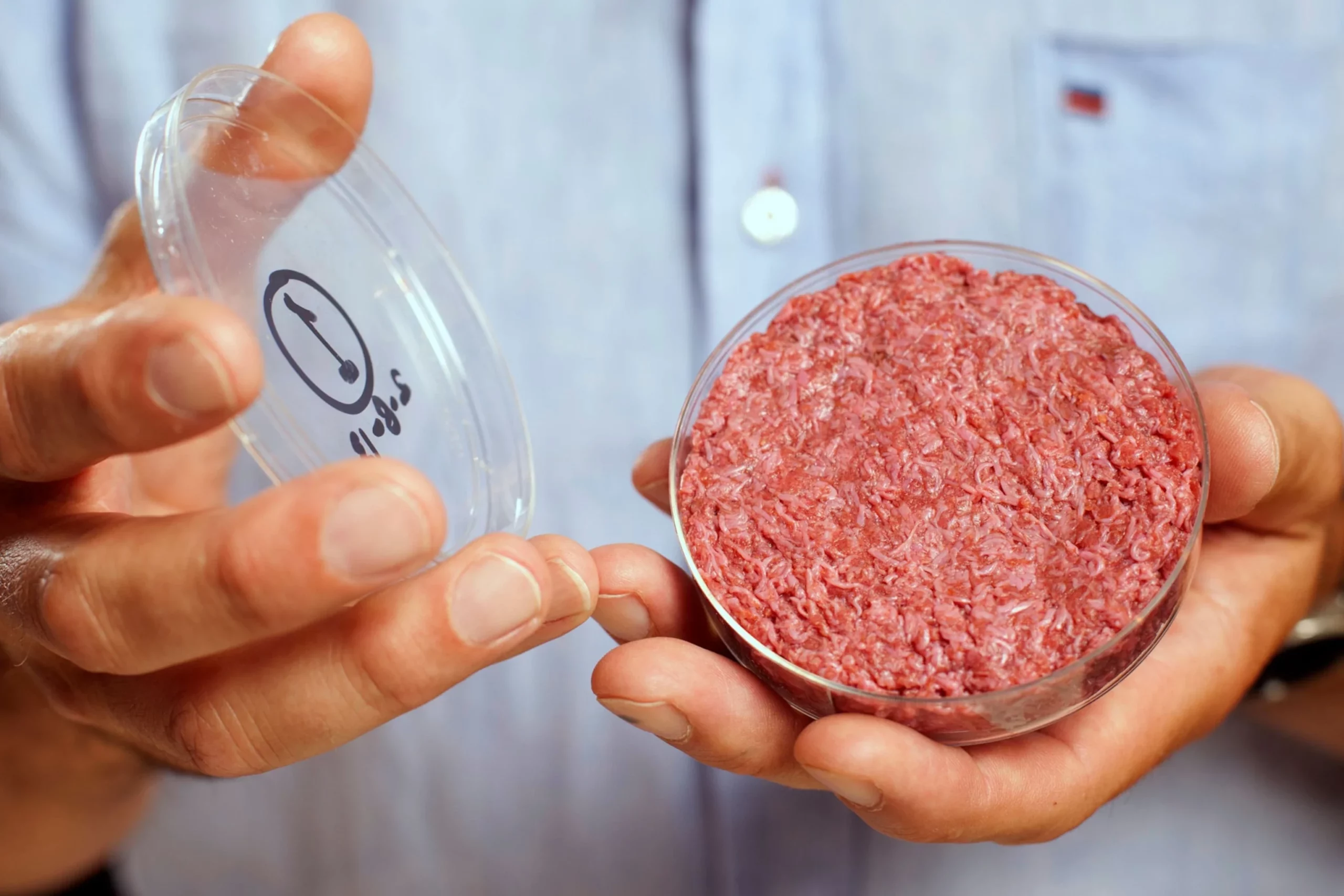Why Lab Grown Meat Isn’t The Solution
Why Lab Grown Meat Isn’t The Solution

Introduction
In recent years, lab-grown meat has garnered significant attention as a potential solution to many of the ethical, environmental, and health concerns associated with traditional animal farming. Proponents argue that it offers a more sustainable and ethical alternative to conventionally raised meat. However, before we embrace lab-grown meat as the future of our diets, it’s essential to critically examine the reasons why some people advocate for sticking with real meat.
- Nutritional Concerns
One of the primary reasons to be cautious about lab-grown meat is the uncertainty surrounding its nutritional profile. While proponents claim it can be customized for optimal nutritional content, the long-term effects of consuming lab-grown meat are not well understood. Real meat, on the other hand, provides a natural source of essential nutrients like protein, iron, zinc, and B vitamins. These nutrients are readily absorbed by the human body, making real meat an important part of a balanced diet.
- Environmental Impact
Lab-grown meat is often touted as a more sustainable alternative to traditional livestock farming. While it does have a smaller carbon footprint compared to beef production, it’s essential to consider the broader environmental impact. The energy-intensive process of culturing meat in a lab, along with the resource requirements for growing the necessary cells and nutrients, raises concerns about its true environmental benefits. Sustainable and regenerative farming practices can mitigate some of these concerns while maintaining the nutritional value of real meat.
- Technological Limitations
Lab-grown meat is still in its infancy, and significant technological challenges remain. The production process requires expensive and complex infrastructure, making it inaccessible to many farmers and consumers. Moreover, the reliance on artificial growth mediums and bioreactors raises questions about the long-term sustainability of this technology. Real meat, produced through traditional farming methods, is already widely available and doesn’t rely on cutting-edge technology.
- Unanswered Ethical Questions
One of the primary arguments in favor of lab-grown meat is its potential to reduce animal suffering. However, this overlooks the ethical concerns associated with cell cultures and the use of fetal bovine serum, a common growth medium derived from animal fetuses. While lab-grown meat may reduce the need for raising and slaughtering animals, it doesn’t eliminate all ethical issues associated with meat production.
- Cultural and Culinary Significance
Meat has played a significant role in human culture and culinary traditions for centuries. For many people, real meat is more than just a source of sustenance; it’s deeply rooted in cultural practices, celebrations, and identity. While lab-grown meat may offer an alternative, it may not capture the same cultural significance that real meat holds for many communities around the world.
Conclusion
While lab-grown meat presents a promising avenue for addressing some of the challenges associated with traditional meat production, it is not without its drawbacks and limitations. Real meat, produced through sustainable and ethical farming practices, remains a valuable source of nutrition and cultural significance. As we explore new approaches to meat production, it’s essential to consider the broader implications and potential trade-offs of transitioning away from real meat. Ultimately, the decision to stick with real meat or embrace lab-grown alternatives should be made with a balanced understanding of the facts and a consideration of our nutritional, environmental, cultural, and ethical values.


